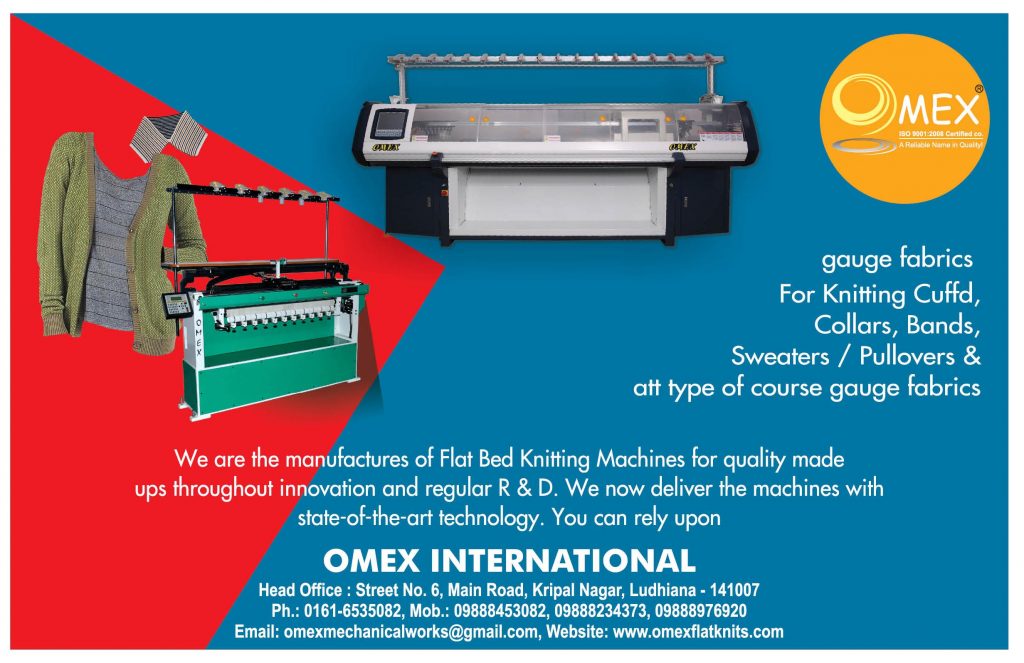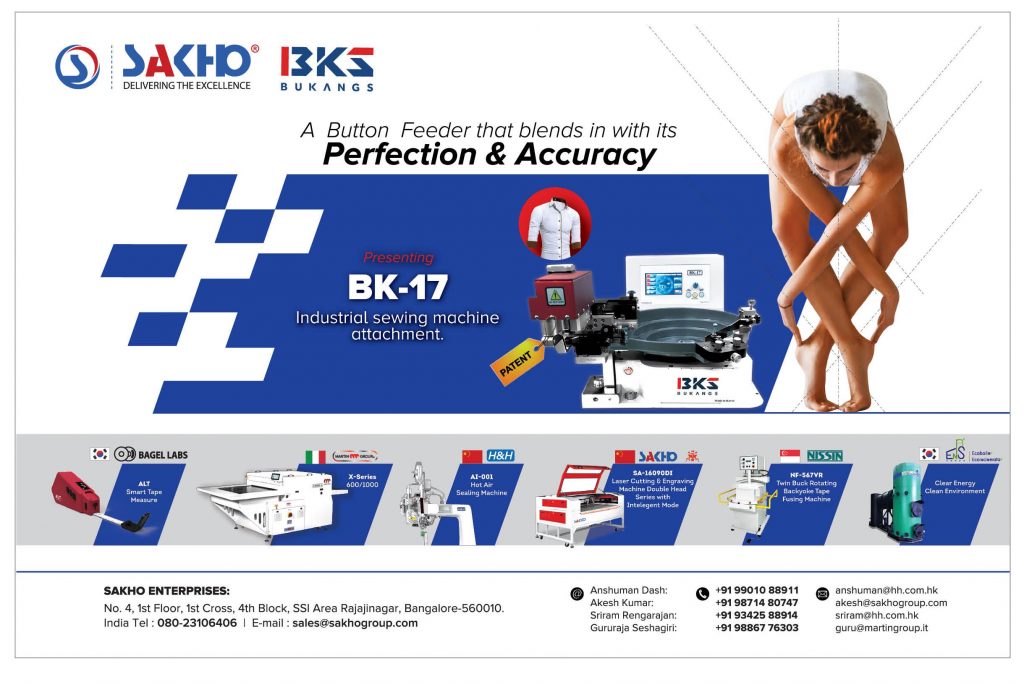The fashionable dress that you pick from a store or online travels a long journey that leaves a lot of environmental footprint. The garment is made from the fabric; fabric that is made from a yarn/thread and the thread that is made from fibre. Unfortunately, the entire fashion & textile value chain which is engaged in the making of the clothes today is the second largest contributor to the pollution.
This awareness has led to contentious consumers, larg
How can a consumer know who is making his fabric/fibre and is he following right steps to ensure least environmental impact? Can this knowledge help him protecting the environment. Do consumers like us have the right to demand who made my clothes, where are they coming from and how much impact they are making on the environment? Because if consumers demand this, more and more brands and manufacturers would be forced to follow processes which would then lead to least environmental footprint. .
Recently, the Aditya Birla Group launched a fabric called Livaeco that has a Tracer in it. Livaeco fabric can be identified by a tag displayed on the garment. These garments available at leading brands, have full value-chain transparency.
Water pollution is also one of the side effects of the fashion industry. It’s important to treat the water off the chemicals and dyes before releasing it in the environment. Also, with technological changes and modifications in the processes, brands can reduce their water consumption as well. Denim is one of the most water intensive industries, however, homegrown brands like Spykar Lifestyles are taking initiatives to make the supply chain and production processes more sustainable. The brand also strives to lower the consumption of natural resources like fuel for energy and water. The chemicals used are bio-degradable and non-hazardous.
Spykar’s denims are produced in a government approved facility. All denims that Spykar rolls out are made using environmentally responsible processes right from recycled cotton, washes that require less water to technologically advance dry processes such as laser techniques. The brand uses solar power and relies heavily on latest technology like laser machines, ozone wash technology and cloud wash, that has aided the brand to lower the material to liquid ratio considerably.
Additionally, Spykar is among the few brands that refrains from using pumice stone while washing, to not disturb the depleting pumice belt. The brand also has a fully functional water treatment plant which ensures no polluted water is released into any natural water source. The water is re-treated/purified and re-used for washing.



